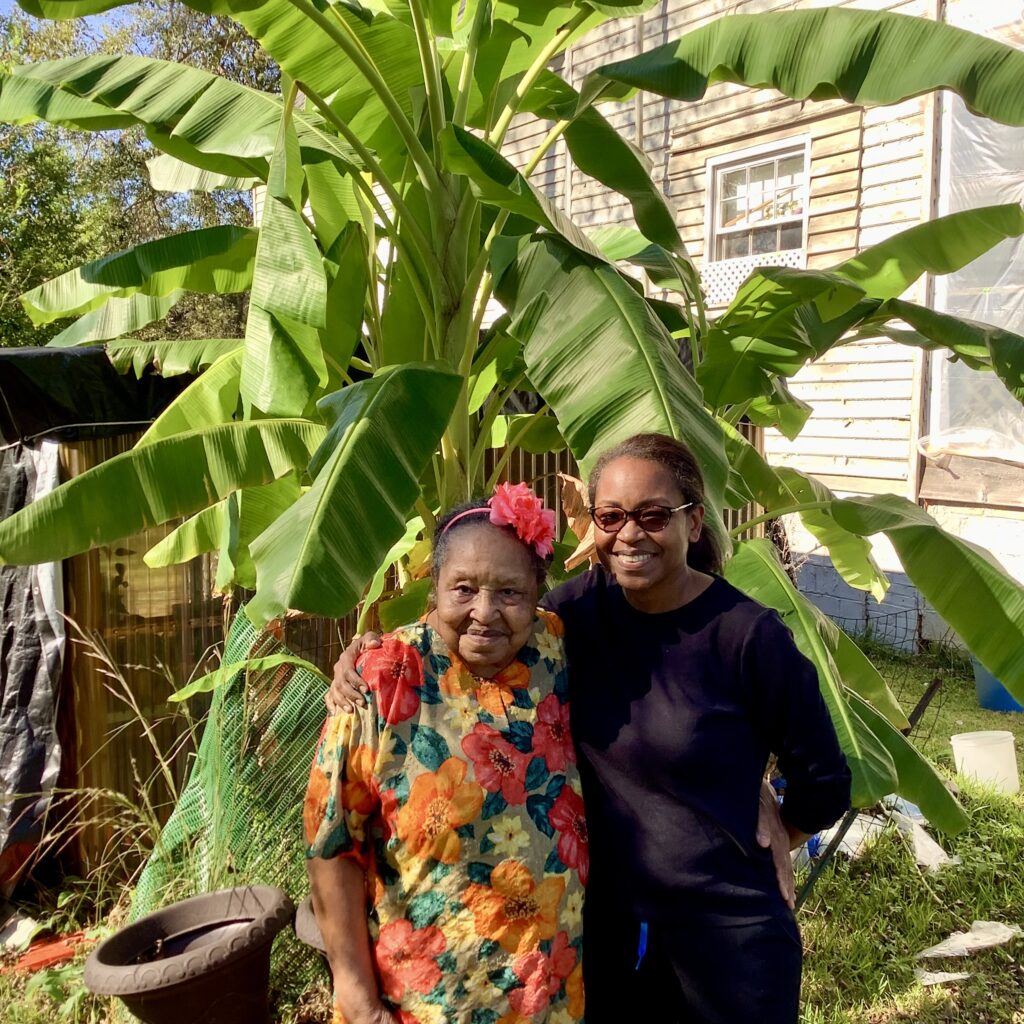Get Involved
Family caregivers are the backbone of our health and long-term care systems, yet too often their work goes unrecognized and their needs overlooked. By getting involved, you help shine a light on the realities facing our nation’s 63 million family caregivers and drive lasting policy, system, and cultural change.Together, we can ensure caregivers receive the recognition, resources, and respect they need and deserve.
Ways to Get Involved
There are many ways to get involved to elevate the needs and voices of family caregivers. From research, to advocacy, to sharing your personal caregiving journey, every action makes a difference.
Leverage Caregiving in the US Data
Data drives change. Use Caregiving in the US to uncover the realities facing family caregivers and fuel solutions that matter. Download the data today and be part of the movement to support caregivers nationwide.
Become an Advocate
Advocacy is about raising your voice to ensure family caregivers are seen, heard, and supported. By becoming an advocate and engaging with policymakers, advocates help shape policies, programs, and practices that provide caregivers with the resources, recognition, and respect they deserve.
Tell Your Story
Stories are powerful connectors. Every caregiver’s voice brings the realities of care to life and demands attention. When personal stories are paired with data, they become an undeniable force to amplify caregiver needs and drive change. Share your story today.
PORTRAITS OF CAREGIVING IN THE US

I had to take early retirement to have the time and space to care for my mom. Her needs are so great. I am using my savings to support us both. I want to go back to work, but without support systems in place, I am nervous about what will happen to my mom and me.
Anita, Atlanta, Georgia
Engage in Research Opportunities
The Caregiving in the US project represents one of the most comprehensive explorations of family caregiving in America, offering researchers an unprecedented opportunity to advance our understanding of this critical national issue. The National Alliance for Caregiving invites interdisciplinary researchers to collaborate with us to further explore this rich dataset through joint partnerships, original analysis, and innovative methodologies.
With data from 6,858 family caregivers across all 50 states, this study captures the experiences of the 63 million Americans who provide ongoing care to adults and children with medical conditions or disabilities. The dataset includes validated measures of caregiver health, expanded Level of Care indices, and for the first time, insights from paid family caregivers—offering researchers multiple avenues for innovative analysis.
For research collaboration inquiries, contact Dr. George Kueppers at CGUS2025@caregiving.org.
Research Collaboration Opportunities
- Join Our Research Collaborative: Become part of a dynamic community of interdisciplinary researchers dedicated to advancing family caregiving science across the lifespan. Our research collaborative brings together scholars from gerontology, nursing, social work, economics, public policy, and other fields to share methodologies, discuss findings, and develop innovative approaches to understanding the caregiving experience. Join today.
- Propose New Research Opportunities: Partner with the National Alliance for Caregiving to develop innovative research projects that leverage the comprehensive Caregiving in the US dataset. We welcome proposals for collaborative projects that advance policy, practice, and research recommendations through fresh analytical approaches—from machine learning applications and longitudinal modeling to novel theoretical frameworks for understanding the caregiving experience.
- Request Open Data: When available, access deidentified survey data from the 2025 study to conduct original analysis and advance caregiving research. The comprehensive dataset includes responses from 6,858 family caregivers and covers demographics, caregiving tasks, health impacts, financial strain, workplace experiences, and support needs.